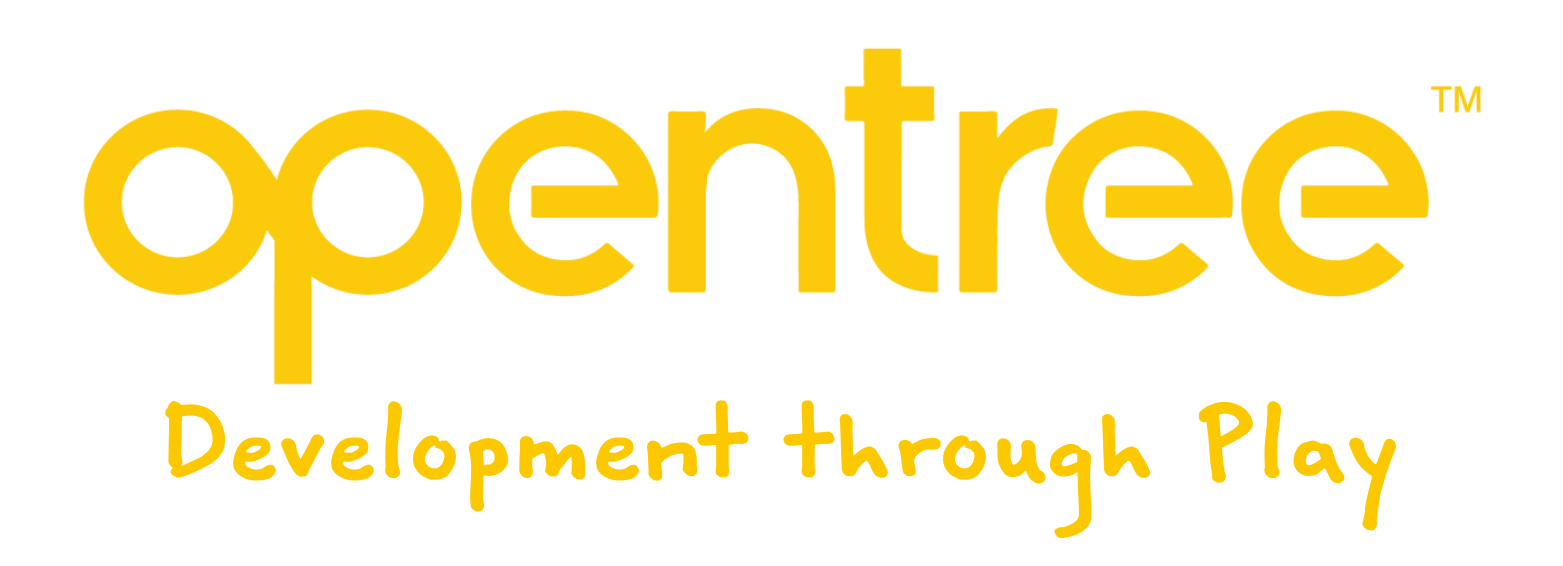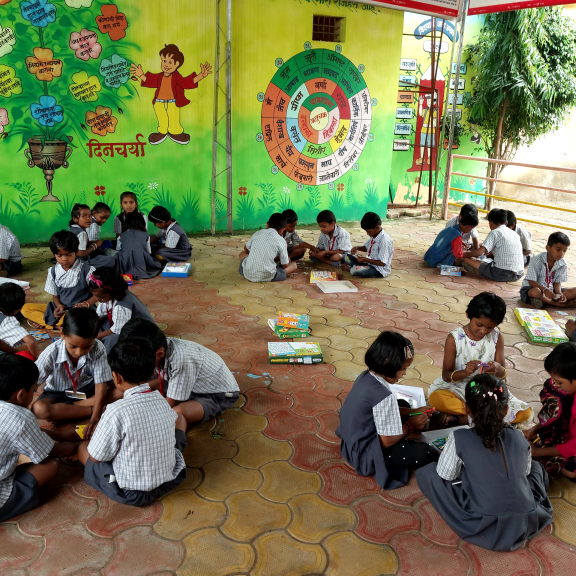Category: POLICY
Early childhood education: Exploring the National Curriculum Framework
Early childhood care and education are key areas of development, according to the National Curriculum Framework 2022
The Indian government’s launch of the National Curriculum Framework (NCF) for Education 2022 of Children in the 3-8 Years Age Group marks a significant milestone in the field of early childhood education.
This framework aims to provide a strong foundation for the holistic development of young children across the country. At Toybank, we recognise the importance of early childhood education and its impact on shaping the lives of children.
In this blog post, we delve into the key aspects of the National Curriculum Framework and its implications for early childhood education in India.
A comprehensive approach to learning:
The National Curriculum Framework emphasises a child-centered and play-based approach to education. It recognises the significance of play in fostering creativity, imagination, and cognitive development. By incorporating play-based activities into the curriculum, children are encouraged to actively explore their surroundings, engage in hands-on learning, and develop a love for lifelong learning.
For the first time in 50 Kendriya Vidyalayas, on pilot-mode, we are launching play schools in an institutionalised form with a targeted learning outcome on a pedagogy based on this NCF.
– Union Education Minister Dharmendra Pradhan
Holistic development:
The framework emphasises the holistic development of children, encompassing their cognitive, socio-emotional, and physical well-being. It encourages the integration of various domains of development, such as language and literacy, numeracy, social skills, and physical development, into a cohesive learning experience. This holistic approach ensures that children receive a well-rounded education that prepares them for future academic and personal success.Inclusivity and diversity:
The National Curriculum Framework recognises the diverse needs and backgrounds of children in India. It emphasises the importance of creating inclusive and welcoming learning environments that cater to the unique abilities, interests, and cultural contexts of every child. This inclusivity promotes social cohesion, empathy, and respect for diversity among young learners, setting a strong foundation for a harmonious and inclusive society.
The launch of the National Curriculum Framework for the Education of Children in the 3-8 Years Age Group is a significant step towards enhancing early childhood education in India. At Toybank, we believe in the power of play to foster holistic development, ignite curiosity, and nurture a love for learning from an early age. Through our play programmes, we strive to complement and supplement the efforts of early childhood educators.
Together, let us create a vibrant and inclusive early childhood education landscape that empowers every child to reach their full potential and lays a strong foundation for their future success.













